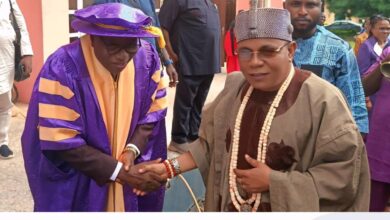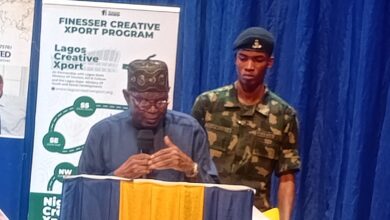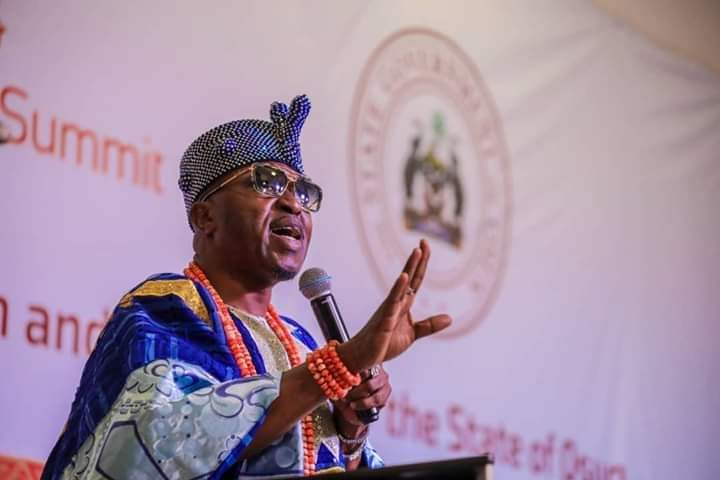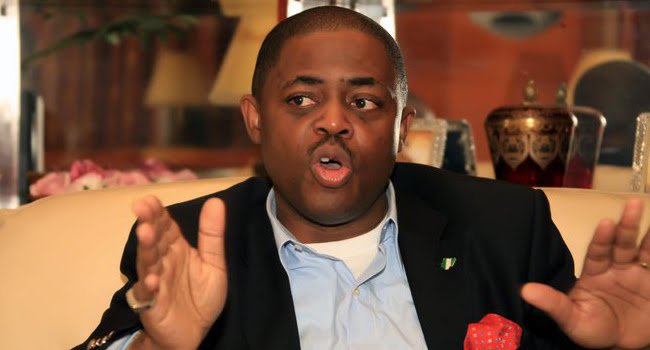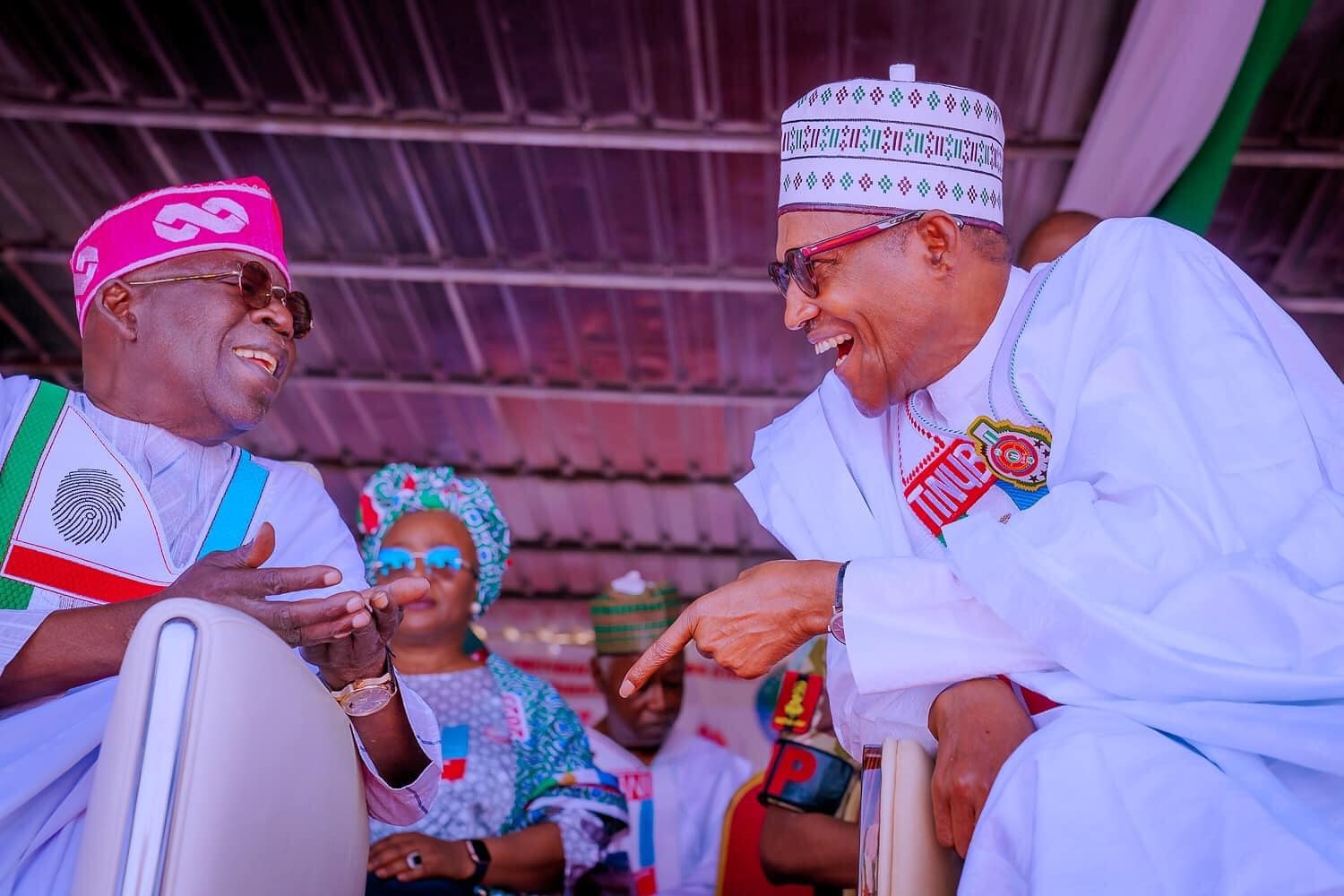Sudan junta’s ties to Russia raise concerns about transition to democracy
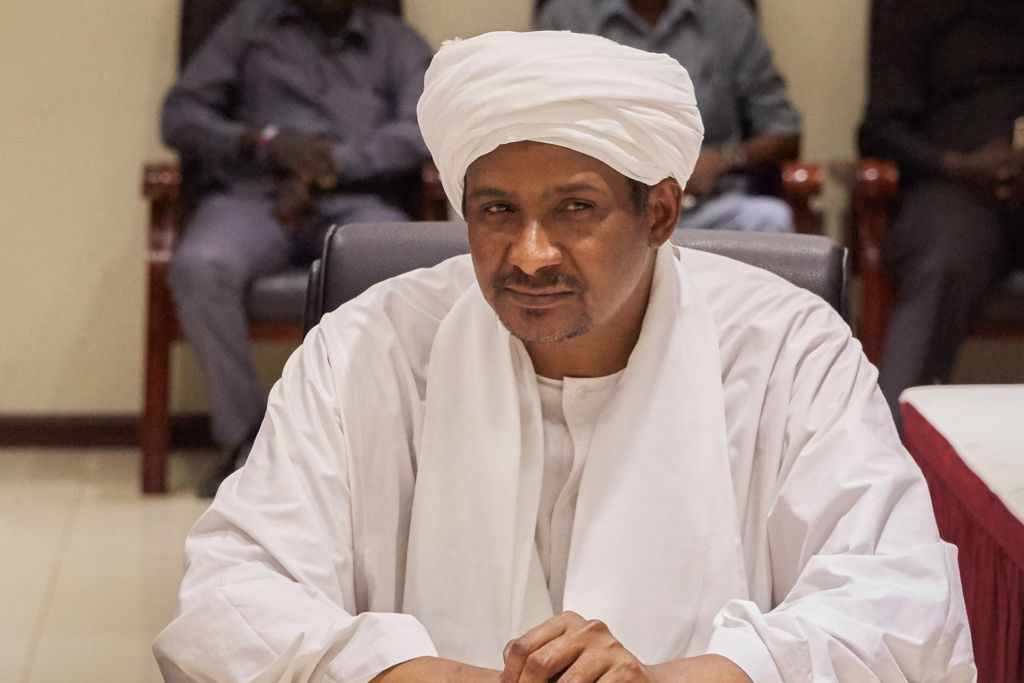
A Framework Political Agreement signed December 5 between Sudan’s ruling military junta and a collection of civilian political groups has been praised as the first step on the path to democracy. However, observers fear the close ties between junta member Gen. Mohamed Hamdan Dagalo and Moscow could derail the transition and keep Sudan under the military’s control.
In February 2022, Dagalo, also known as Hemedti, visited Moscow as part of the long-running relationship between his Rapid Support Forces (RSF) and Russian backers — most notably Wagner Group mercenaries. Wagner mercenaries have trained RSF members, and the two groups jointly operate a gold mining company through which Wagner has smuggled hundreds of tons of gold out of the country.
“Hemedti’s trip abroad … burnished his international profile and gave Russia access to a key Sudanese figure with whom it had not previously engaged in any meaningful way,” Sam Ramani, a former a tutor of Politics and International Relations at the University of Oxford, wrote in an analysis for published by the Middle East Institute.
Hemedti returned from the trip pledging deeper ties with Russia and raising the possibility of Russia opening a naval base on Sudan’s Red Sea coast.
Experts say Russia is working to make sure Sudan stays in the hands of military rulers.
“The Kremlin has always preferred Sudan to have an authoritarian government that can make deals without civilian oversight or transparency,” Amgad Fareid Eltayeb, an analyst and former assistant chief of staff in 2020-2021 to then-Prime Minister Abdalla Hamdok, wrote for the European Council on Foreign Relations.
Throughout 2022, Hemedti and coup leader Gen. Abdel Fattah al-Burhan, head of the Sudan Armed Forces, were part of negotiations intended to shift Sudan toward democratic rule. The first phase of that process ended with the December signing of the Framework Political Agreement (FPA) calling for a fully civilian-led government with no military involvement. The FPA proposal is a departure from the joint military-civilian Sovereignty Council that ruled after the ouster of dictator Omar al-Bashir — and ultimately ended in a coup just as civilians were set to take over.
Critics note that the Framework Political Agreement does little to restrain Sudan’s military leaders. The military is deeply involved in the country’s economy, from farm fields to gold mines to military equipment.
“Burhan’s sweet deal is aimed at ensuring that this system lasts,” analyst and human rights worker Edward Thomas wrote for the Carnegie Middle East Center.
In an interview with Saudi Arabia’s Al-Hadath TV after signing the Framework Agreement, al-Burhan said the military’s civilian commander-in-chief would “agree and ratify” whatever the military proposed.
“At best, the deal could hand over bureaucratic power to civilians while maintaining political power in the hands of a constellation of security actors, chiefly the putschists themselves,” Kholood Khair, founder of the Khartoum-based think tank Confluence Advisory, wrote for the Carnegie Middle East Center.
The Framework Agreement elevates Hemedti from al-Burhan’s deputy to his equal, making them both nominally answerable to a civilian president — a plan that “sees Sudan take a step further away from civilian rule and closer to potential civil war,” Khair notes.
Although the Framework won some international praise, it was signed with the expectation that its conditions would be put in place within a few weeks. That deadline passed with no action. The next phase of the process remains uncertain.
“Prospects for Phase II to gain public legitimacy look dim,” Khair wrote.
The negotiations did little to reduce the number and scale of anti-coup protests on the streets of Khartoum. The lack of significant reform is causing the public to lose faith in the process, according to Khair.
The recent exposure of Russian gold smuggling also has caused public sentiment to shift against the presence of the Wagner Group, according to Ramani.
Nevertheless, the combination of the Wagner Group’s ties to Hemedti, the RSF and the military’s lucrative business interests mean little is likely to change in Sudan, analysts say.
“While the agreement could potentially usher in a civilian government, by no means is this tantamount to Sudan becoming a civilian-ruled state,” Amal Hamdan, an elections expert working on Sudan’s transition, wrote for the Carnegie Middle East Center. ADF-MAGAZINE


